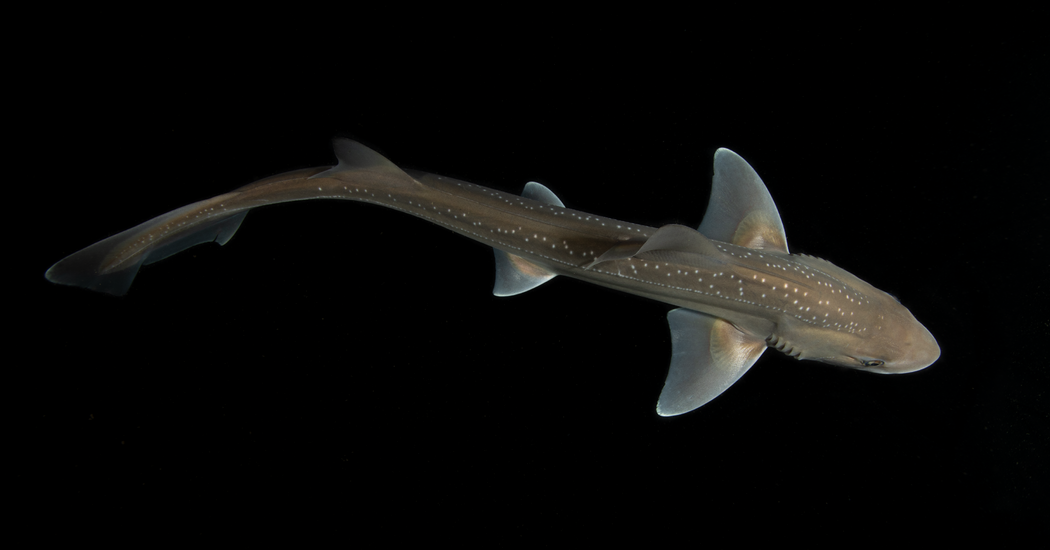The Hidden Voices of the Ocean
Dolphins whistle, whales sing, and fish croak, chirp, puff, hum, and grunt. However, one voice has been conspicuously absent from the lively chatter of the sea… until now. For a long time, sharks have been regarded as the silent assassins of the ocean depths. Yet, recent research from scientists at the University of Auckland in New Zealand has unveiled a surprising discovery: the tiger moki shark, or Mustelus lenticulatus, has been recorded making a sharp “click” sound, likely produced by the snapping of its teeth. This groundbreaking finding was published on Wednesday in the journal Royal Society Open Science, marking what is believed to be the first instance of a shark actively producing noise.
The lead researcher, Carolin Nieder, first encountered the sound while investigating the auditory capabilities of sharks. During her experiments, as she gently manipulated a shark, it emitted a sound reminiscent of a quick electrical crackle, she reported. The source of this intriguing noise was a tiger moki, a relatively small shark that inhabits the waters off New Zealand. These sharks can reach lengths of up to 1.5 meters and primarily feed on crustaceans. Interestingly, they themselves fall prey to larger shark species, as well as being a popular catch among New Zealanders, who often prepare them for delicious fish and chips.
Nieder was left astonished upon hearing the sound. This discovery highlights that while many marine creatures have evolved mechanisms to produce sounds, the vocal abilities of sharks have largely gone unnoticed. For instance, fish utilize a swim bladder, a gas-filled sac that aids in buoyancy, which can also be used as a sound-producing drum. Many fish possess muscles that can vibrate this swim bladder in a manner akin to the vocal cords in humans, allowing them to generate various sounds.
- Dolphins: Known for their complex vocalizations.
- Whales: Famous for their melodious songs that travel great distances.
- Fish: Use their swim bladders to create sounds for communication.
This newfound understanding of shark vocalization not only enriches our knowledge of these fascinating creatures but also invites further exploration into the acoustic lives of marine animals.




